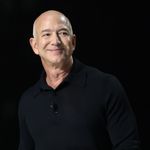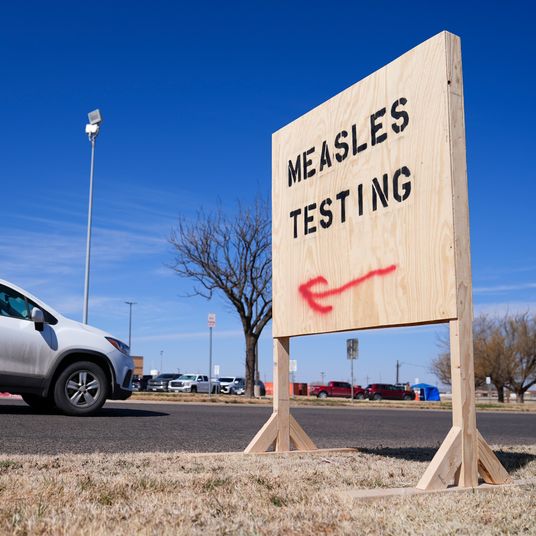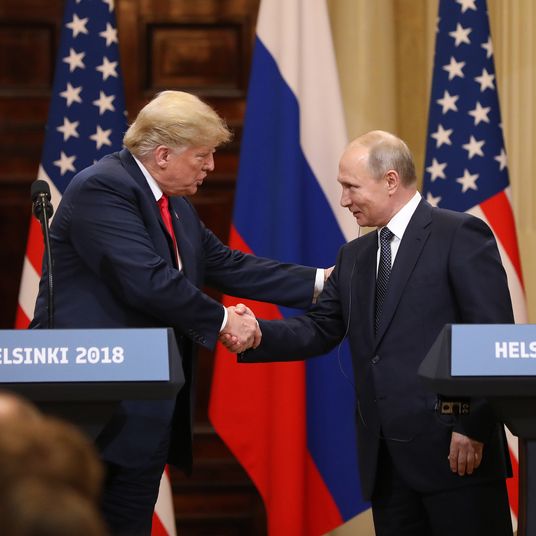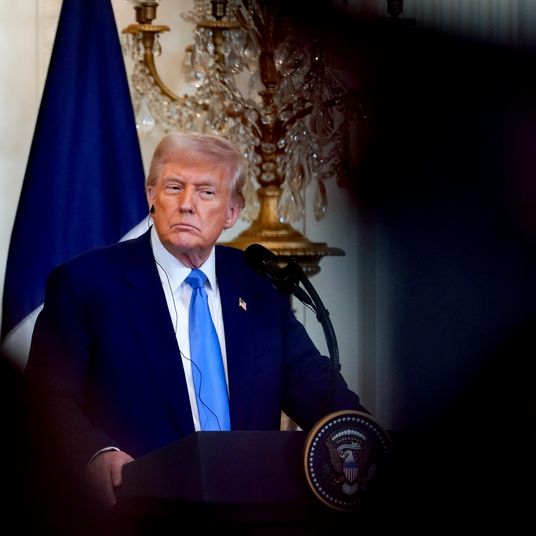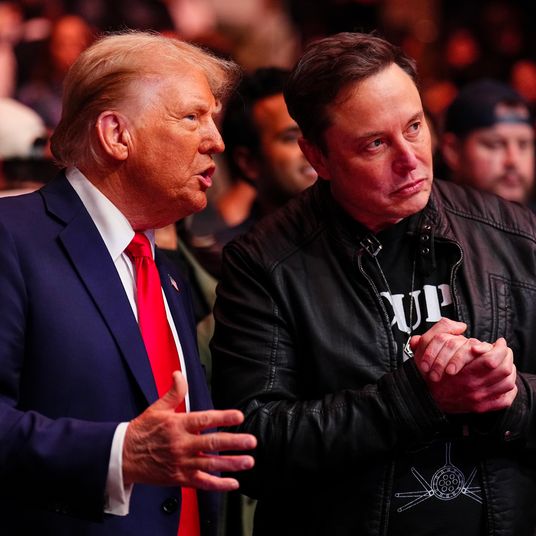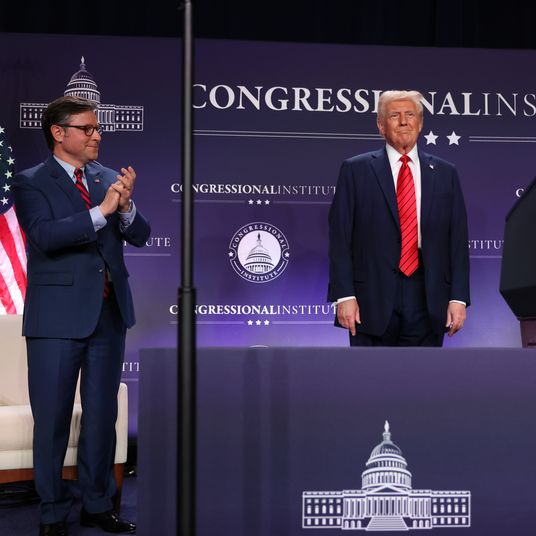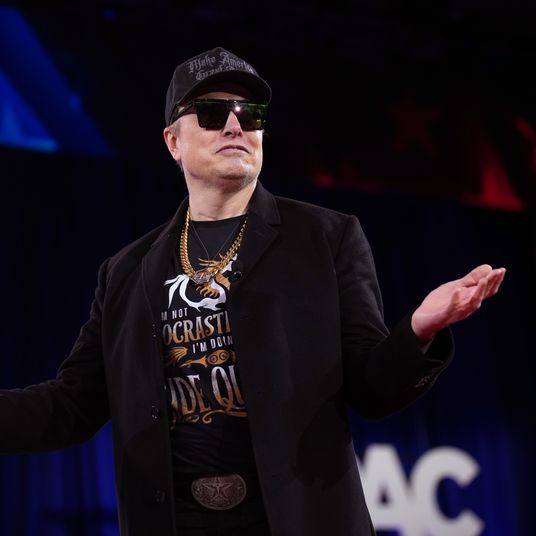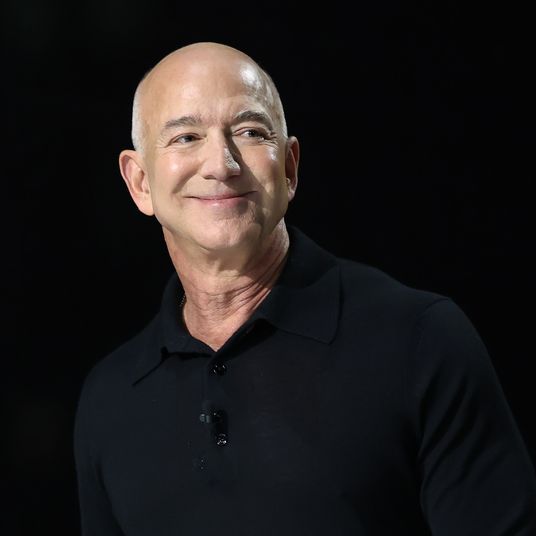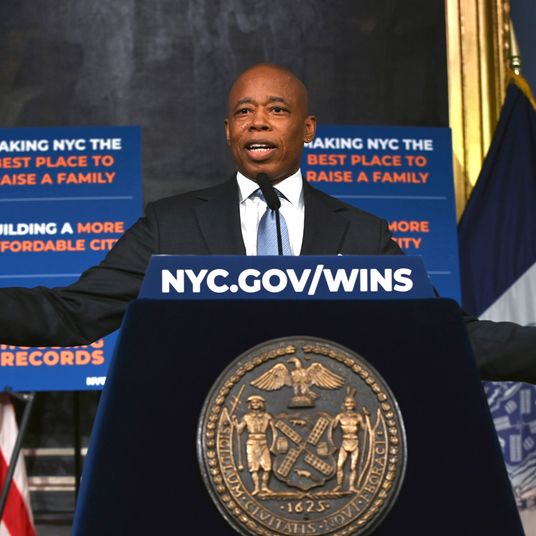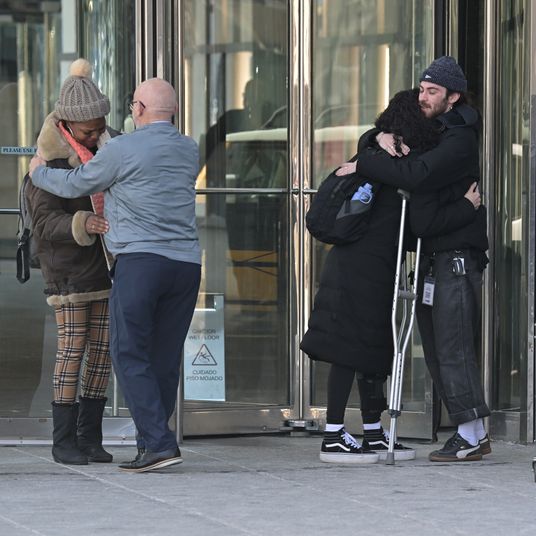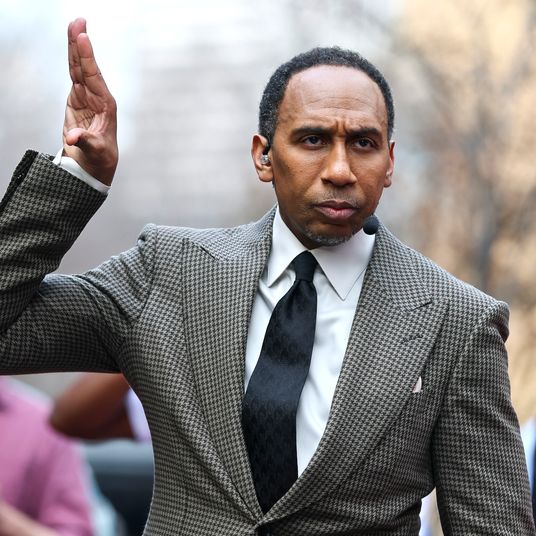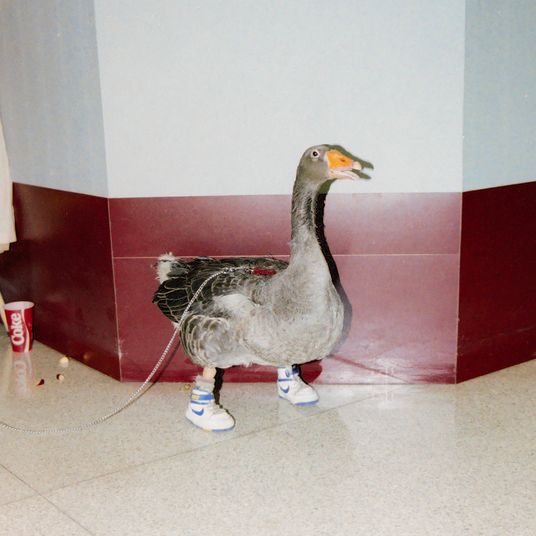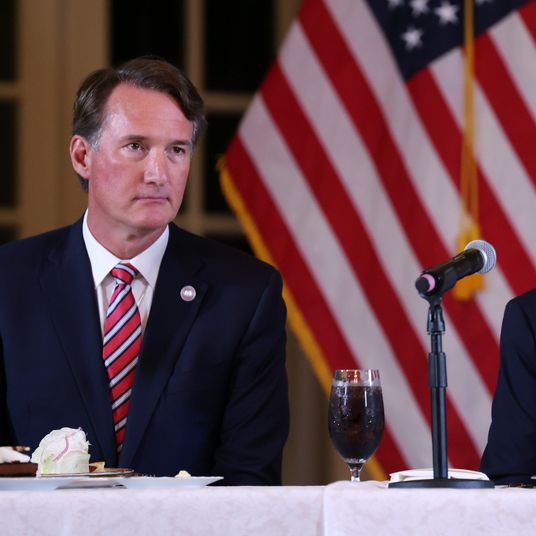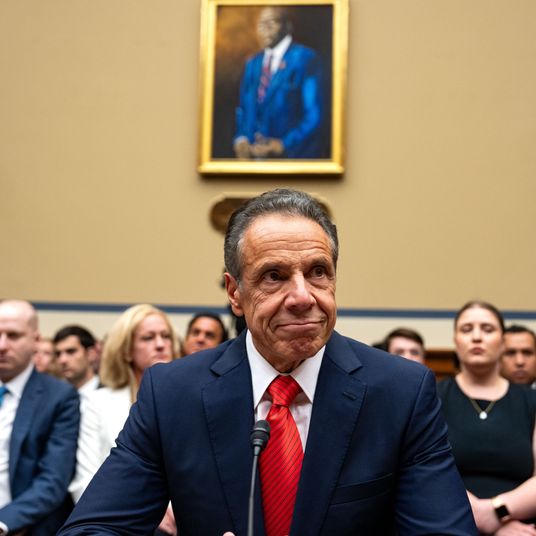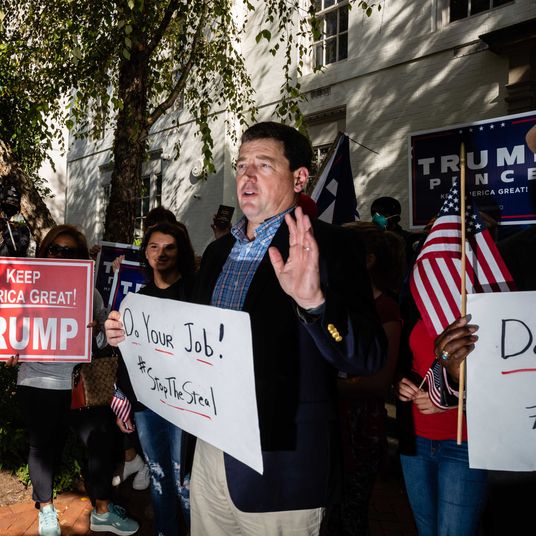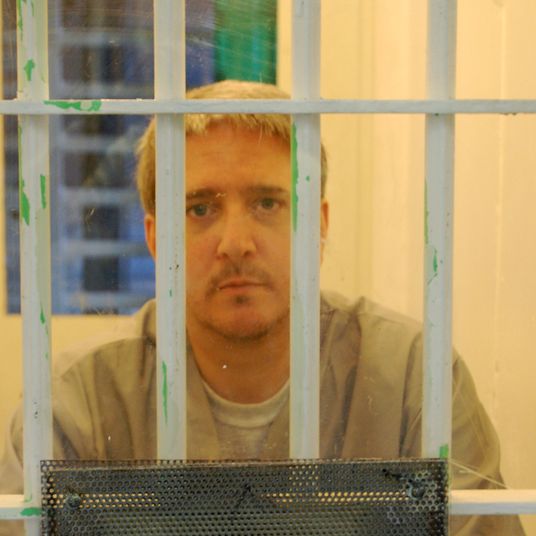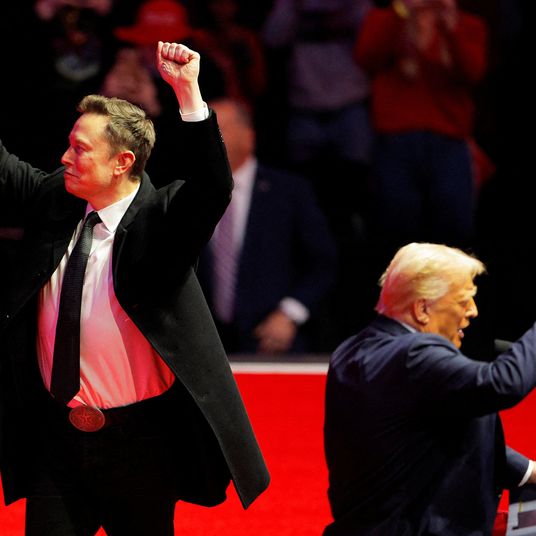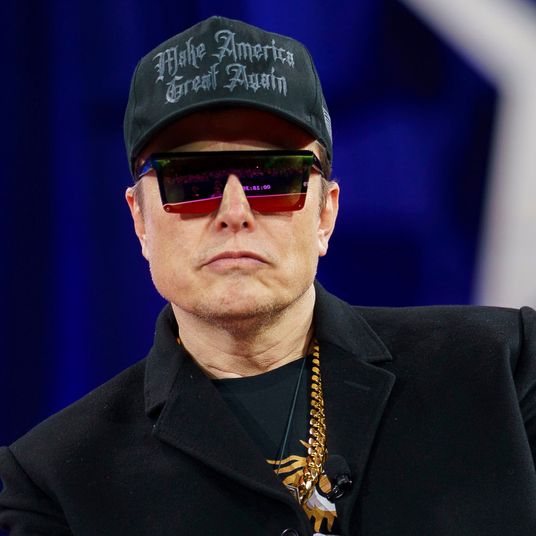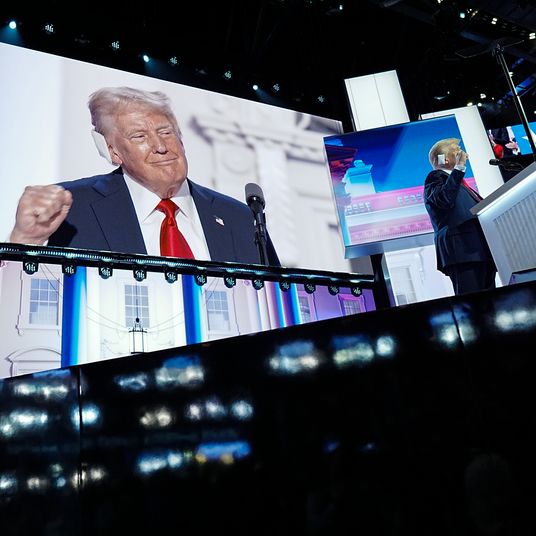
Late last year, once it was clear that Phil Murphy would win a squeaker of a campaign and be reelected as governor of New Jersey, he set out to learn why his race had been so unexpectedly close. Private focus groups revealed that it wasn’t just the Democratic Party’s dim reputation a year into the Joe Biden experience but that a far broader malaise afflicted his constituents. Even his supporters were exhausted by the pandemic and just wanted their lives to return to some version of normal. And that was before the Omicron variant ruined everyone’s holidays.
Recently, Murphy joined a small group of governors at the White House to level with President Biden. COVID-19 is here to stay, they said. Can you help us plan for an endemic, not pandemic, future? When it was clear no federal guidance was coming, Murphy decided to act unilaterally. By announcing in February that he would end New Jersey’s mask mandate for students and teachers, he pierced a dam. Within hours, the Democratic governors of Connecticut, Delaware, California, and Oregon loosened their own rules, and New York followed close behind, joined by Rhode Island, Illinois, and Nevada. The flurry was widely interpreted in the press as an overdue wake-up moment for hypercautious liberal leaders, a chance to get in step with a long-fatigued populace.
One Democratic governor has been in that zone for months. Jared Polis formally declared Colorado’s emergency over all the way back in July. He allowed local jurisdictions to implement mandates as they saw fit — his hometown of Boulder, for example, still has an indoor mask requirement — but rescinded nearly all COVID-related statewide executive orders. Polis didn’t reinstate them when the Delta variant caused a surge in deaths, though he did vent about the unvaccinated to reporters: “I have no qualms if they have a death wish, but they’re clogging our hospitals.” And he kept up the vaxxed-and-done approach even as Omicron landed. “At this point, if you haven’t been vaccinated, it’s really your own darn fault,” he told an interviewer in December.
Polis’s approach appears to be working, both in terms of public health and his own political fortunes. Colorado’s COVID numbers largely look like the country’s. By early February, newly reported cases were down almost 70 percent from two weeks earlier, and hospitalization numbers were down by a quarter — both roughly matching the national averages. Since the pandemic’s start, Colorado has the tenth-lowest COVID death rate per capita in the U.S. Meanwhile, Polis appears to be on an easy path to reelection in November during what’s expected to be a terrible season for Democrats everywhere else. No big-name Republican has emerged to take him on, and the Cook Political Report rates the race as “Solid Democrat.”
Entering the third year of the virus’s spread, Polis has put forth a simple formulation. He believes that every governor will have to adapt to endemic circumstances eventually, that there’s only so much he can do for the persistently unvaxxed, and that COVID lifestyle restrictions have been costlier than other Democrats have acknowledged. “It’s a 23-year-old who can’t go out at night. It’s a senior who can’t go to bridge club. Those things don’t have economic costs, but they have very real costs to peoples’ lives. That’s what we sought to minimize,” Polis told me in his brightly decorated, wood-paneled office in the state capitol the day after Murphy made his announcement on masks. “How can people live their lives, be empowered with information, make the best decisions for themselves? That’s really what we’ve focused on. People can’t live in an emergency state for years on end. I mean, it’s just not how we are.”
Polis does not play the part of a cowboy governor. When we spoke, he wore a loose dark suit, black sneakers, and a black polo shirt, a uniform befitting his past as a late-’90s entrepreneur who sold his e-greeting-card company for nearly $800 million when he was just three years out of Princeton. He won a seat in Congress; then, in 2018, running on a progressive platform, he became the country’s first openly gay man elected governor. This year, he’s starting to get national attention for the first time, if not necessarily as a future leader of the free world, then as a youngish (46), pragmatic liberal executive in a party desperate for some excitement, or what passes for it.
Polis is careful not to suggest that his precise approach can be replicated elsewhere given state-by-state differences in population, geography, health, and so on. But Colorado is diverse and politically divided, and the appeal of his COVID posture is clear as Democrats search for ways to meet the shifting tides in public sentiment while keeping virus deaths in check. When Polis and I met, COVID fatalities were up 25 percent nationally from two weeks earlier. But fully 70 percent of Americans agreed with the statement that “it’s time we accept COVID is here to stay, and we just need to get on with our lives” in a recent Monmouth poll.
In Polis’s calculus, the advent of vaccination changed everything, including citizens’ moral responsibilities to one another, and he has been unwilling to let his state’s unvaccinated minority keep the rest of the population on an indefinite emergency footing. “It’s really just about how different people, just like in our own lives, manage risks and have trade-offs,” Polis said. “I ski. It’s not a great risk, but it’s more risky than if I stayed on my sofa.” He tended not to wear a helmet until a few years ago.
Some critics on the left have accused him of dropping mandates to pander to conservative and libertarian voters ahead of his November reelection — and of callousness toward the immunocompromised, the elderly, and children who are too young to get the vaccine. Others have scoffed at the idea that Polis should get special credit for simply deferring to the judgment of individual counties. But there’s little doubt in the federal government and other governors’ offices that some version of a vaccinated-normalcy future is inevitable, no matter how uncomfortable the transition may be for especially risk-averse Americans.
To be clear, Polis hasn’t declared a no-rules free-for-all across his swath of the Rockies. He has little in common with the Republican governors who have performatively abdicated their obligations to public safety, and throughout the pandemic, he has moved meaningfully faster than the Biden administration. While Polis urged that schools reopen by January 2021, he made sure to distribute free medical-grade masks there (well before the CDC’s acknowledgment that cloth masks are inferior) and to deliver free at-home tests (well before the White House’s decision to do the same nationally). He has mandated that health-care workers and state prison employees get the shot, and when the necessity of third vaccine doses became clear, he issued an executive order opening access for all adults, avoiding a complicated rollout.
His position on unvaccinated Coloradans is more nuanced than his widely reported “death wish” comment let on. He has repeatedly cautioned that many are “victims of misinformation” and thus deserving of “compassion and love,” and his office has been running a bilingual campaign to combat conspiracy theories on YouTube. But he has plainly concluded that there’s a limit to his capacity as governor and to his responsibility. “There’s Americans who have fallen victim to misinformation who are dying needlessly. And that’s a very sad thing, but ultimately, it is people’s choice,” he said. “I’m very saddened just by the unnecessary loss. But again, they have the responsibility. They made their decisions. I sleep well at night because I know I did everything I possibly could to get the right information to people.”




